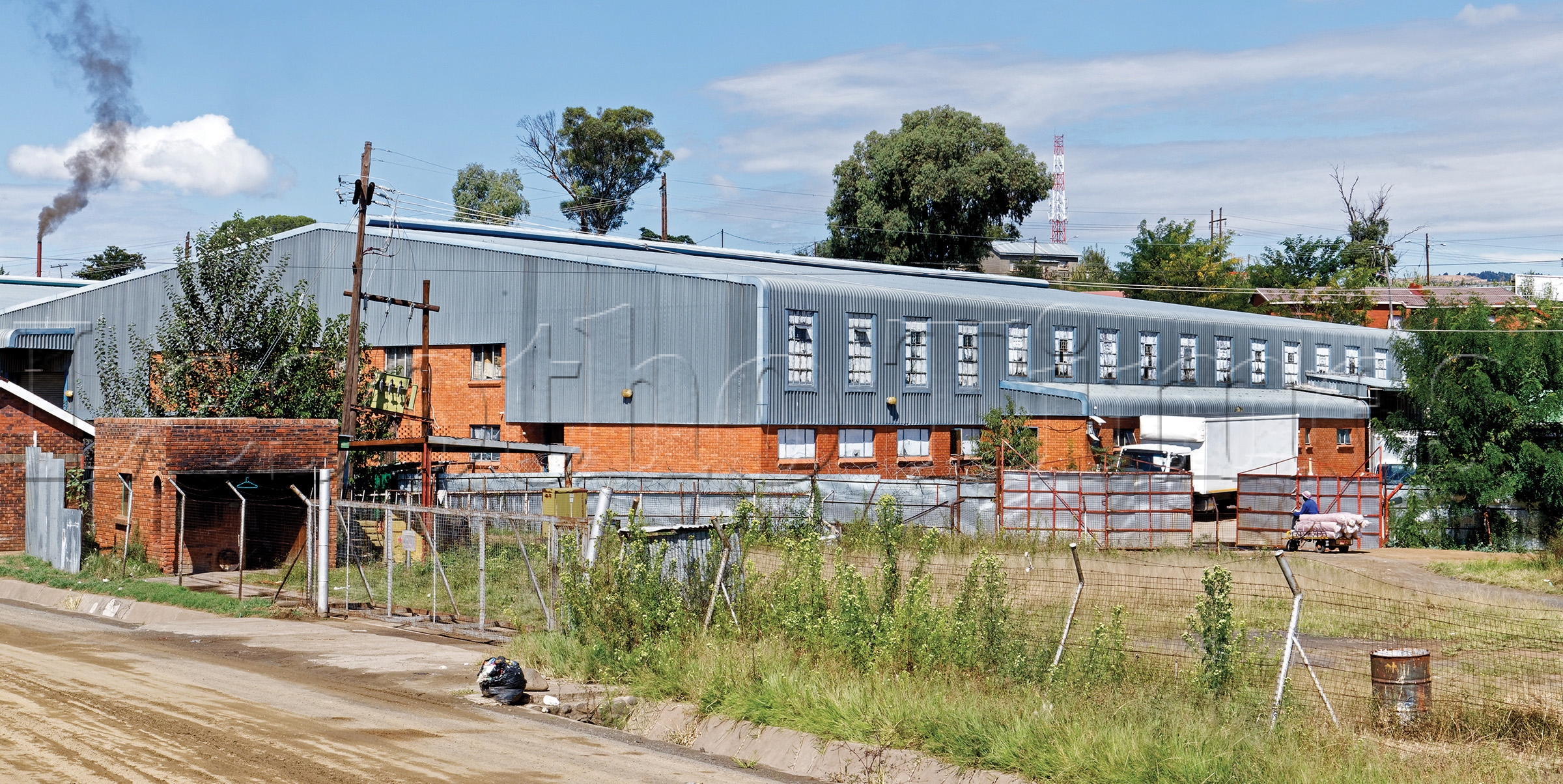Bereng Mpaki
LESOTHO must embrace new partnerships and approaches to reconstruct the textile industry and help it recover from Covid-19.
This is according to a new study conducted by the Private Sector Foundation of Lesotho (PSFL) on the impact of Covid-19 on the textile industry.
The study, which sampled 93 local tailoring businesses and five foreign firms in Maseru urban, found that the lack of customers for the textile and apparel industry was a major challenge for both local and foreign firms as a result of the Covid-19 pandemic.
The study also found that high rental costs and expensive fabrics were some of the major challenges facing the industry amid the Covid-19 pandemic.
“The respondents clarified that the prices on fabrics keep rising, and this was as a result of Covid-19,” a report from the study said.
The closure of borders was another challenge since factories depend on international markets for sales while some obtained their production inputs from South Africa.
“The increase in prices of material from the local market was influenced by closed borders as tailors were unable to access materials from international market.”
Closed borders forced producers to rely on poor quality materials for their production. Industry players said they could not access good quality material for their products as it is only found in South Africa.
They also lost customers since they were unable to deliver their produce to the neighbouring country due to closed borders.
The lack of funds which forced tailors to sometimes fail to purchase quality sewing machines was identified as another challenge, with producers often failing to purchase fabrics to knit for their customers, due to non-payment of deposits. This was compounded by the lack of institutional support and coordination, especially among local producers.
To tackle these challenges, the study recommended the establishment of industry- wide structures.
“Tailoring business is considered a starter sector on the road to industrialisation as it creates employment and poverty reduction opportunities within the economy.
“However, this sector is affected by multiple challenges that hinders its growth. The Covid-19 pandemic is one of the crises that have put forth an external shock on the global economy, hence Lesotho must embrace new partnerships and approaches to reconstruct the textile industry and help it recover from Covid-19.”
The PSFL also counselled formal engagement between the industry and the government to address some of the above-mentioned challenges. It proposed the following recommendations:
- Establish Textile and Apparel Association (TAA) and structures both at the National and District levels to deal with all matters relating to the textile and apparel sector;
- The TTA must ensure that all members, involved in the textile and apparel sector, are fully licensed by One Stop Business Facilitation Centre (OBFC). Based on that, the financiers will have trust and confidence to provide financial resources;
- Textile and Apparel Association will be in a position to fully engage the Government of Lesotho through Public Private Dialogue (PPD) platform in order to present the concerns of its membership;
- The Government of Lesotho with the assistance of Development Partners through Aid for Trade should craft the policies and special programmes to ensure that the textile and apparel sector thrives;
- The Government of Lesotho must resource Business Development Services (BDS) in order to provide training, mentorship, technical and managerial assistance, accounting and marketing for members of TTA;
- Business linkages between Corporates and MSMEs should be institutionalized by Act of Parliament to ensure that MSMEs do tap skills and knowledge from Corporates;
- Government of Lesotho should make use of The Third Industrial Development Decade in Africa (IDDA 3) in order to uplift textile and apparel sector;
- Establish partnerships with brands and weaving mills to foster more vertical integration for companies. These partnerships shall unlock higher added-value within Lesotho as well as a strong return on investment;
- Develop sustainable textiles and apparel production capabilities;
- Introduce financial schemes which will enable the tailors to invest on technology which shall shape the textile and apparel sector by reducing lead time, whilst improving quality of quality.


